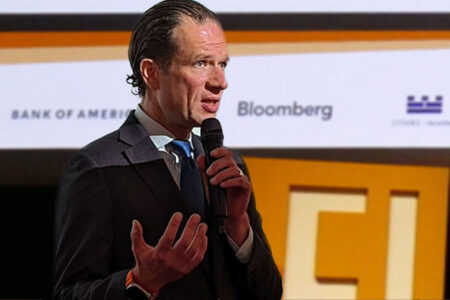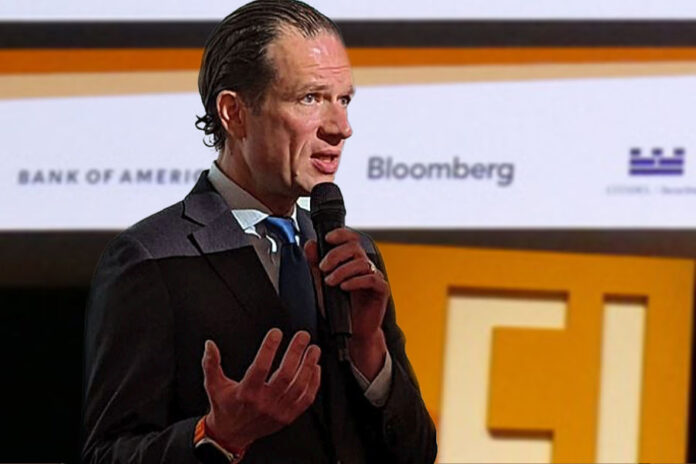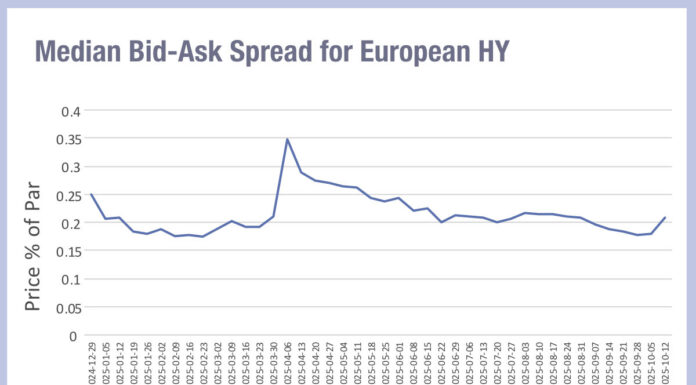Despite growing concern over military conflicts, emerging markets, being a broad swathe of geographies offer a range of potential investment opportunities, if you know where to look.
A panel of experts, ran through potential scenarios, and noted that a changing interest rate environment created investment options.

Jean-Charles Sambor, head of emerging markets debt at TT International Asset Management, identified both positives and negatives affecting EM behemoth China.
“First, we are at an extreme under allocation to China globally, both on the equity and fixed income side,” he said. “I am of the view that given the years of piecemeal approach and very unsuccessful policy making, [the Chinese government] are going to have to do a lot, because China is only at the beginning of this normalisation [period]. People got absolutely wrong-footed on that. The second point is that they are focusing on domestic issues, mostly domestic consumption, fixing the property market, which in my mind is going to be successful and will have some impact on the rest of the world. It will have an impact on specific commodities prices, on liquidity and overall demand, on the import side.”
Taking up the commodities discussion, Justin Mathews, head of fixed income, asset management at GIB Capital said that the Middle East now offered an alternative to the oil story, as economies tried to transition into other sources of revenue.
This created a potentially interesting new issue pipeline for bonds in the region as those companies expanded.
“The view is that there is diversification that is at play on the ground,” he said. “So it’s no longer about oil. In two or three years’ time from now, you will see a lot more issuances coming out of these GCC regions, and not just your industrials. There are renewable energy companies. What is also interesting is lot of these companies would have the sponsorship, directly or indirectly from the government, so that gives you the quality element. But at the same time, there could be a spread on offer to account for the risk of these projects. So all in all, having knowledge of the area can help you position for when these deals come out.”
“I’m going to take the opposite side to that,” said Nick Eisinger, co-head of emerging markets active fixed income, Vanguard. “I see zero value in investing in the Gulf. You may as well just trade US Treasuries. We know that with oil at 65 every cent that they’re borrowing from capital markets for Vision 2030 is bond market borrowing. There’s no doubt about that. There will come a time when Saudi gets interesting and you can trade the curve, there’s some pretty interesting selection trades still to do, depending on the shape of the curve and how that evolves. But in an environment where we have this big universe that we can invest in. You want to be short something, and it’s pretty easy to be underweight a large block of the GCC, although admittedly, fundamentals that are superbly strong.”
He also argued that the diversification play needed closer examination by investors.
“I take a slight issue with this notion that there’s development of a non-oil economy; to me there is no such thing as a non-oil economy in the Gulf, there is a part of the economy that’s developing slightly outside of oil, but if you take oil away, that’s like taking the rug away.”
US elections were a challenging issue for all EM investors given the range of outcomes they could create across Europe, the Middle East and Asia – one speaker joked that cancelling them was the only hope of stability – but there were countries bouncing back and delivering value.
“I think it all boils down to the country fundamentals eventually,” said Mathews. “China’s structural weakness was the result of the lack of growth there and macro influences. For countries that were on the verge of default, or those credit ratings that weakened during the last two to three years post-Covid was again as a result of the structural weaknesses in those respective countries. That’s where, as something becomes too cheap, investors start seeing value in them as again, the fundamentals are there.”
©Markets Media Europe 2024
©Markets Media Europe 2025










